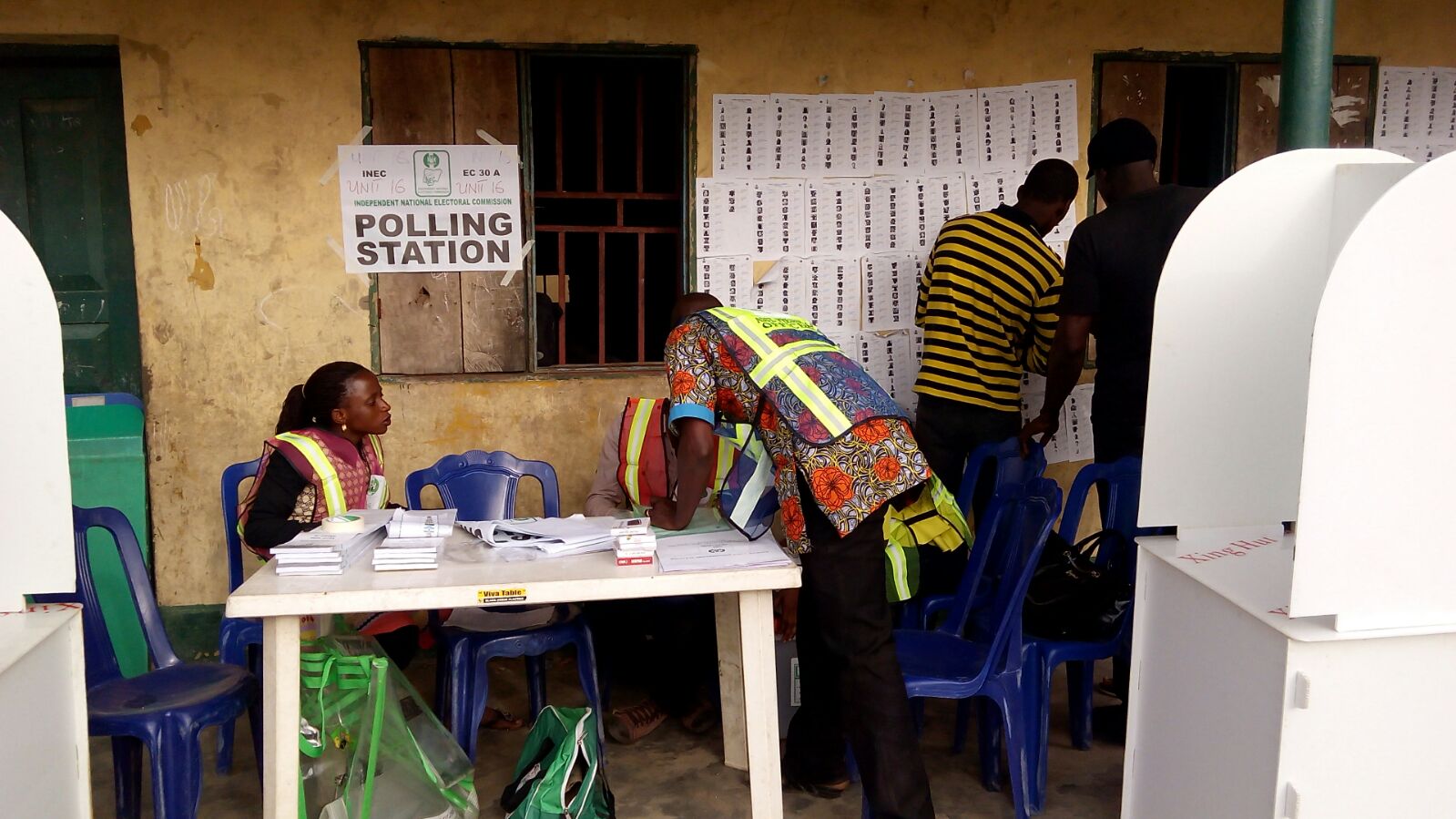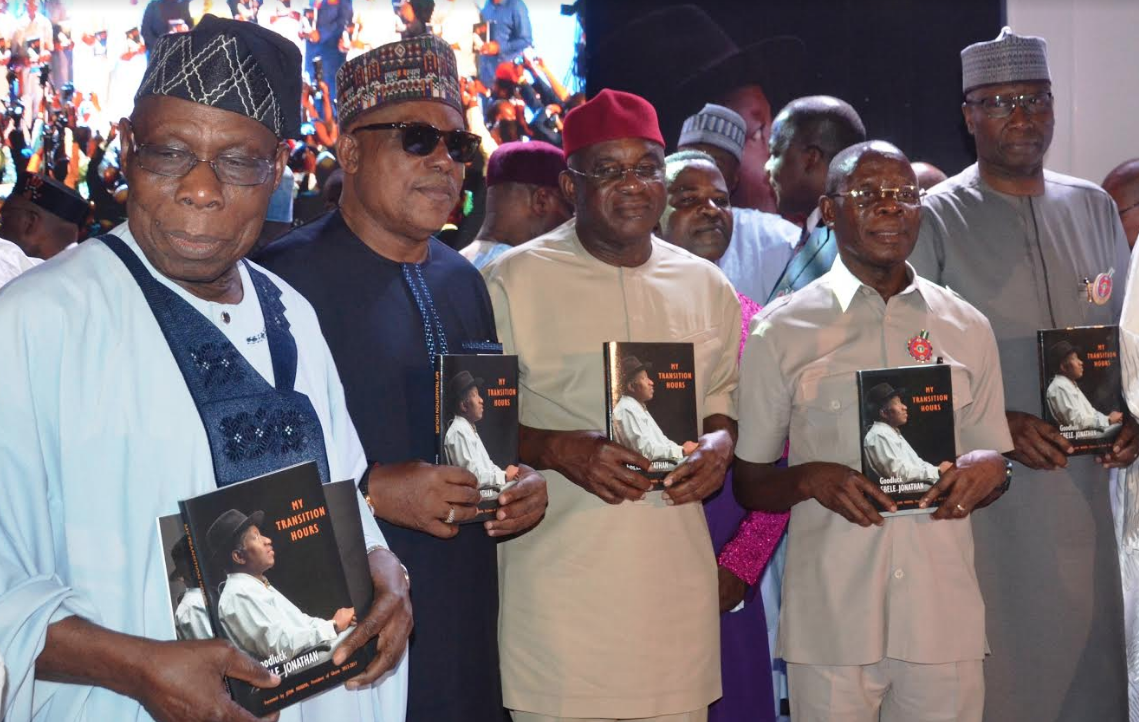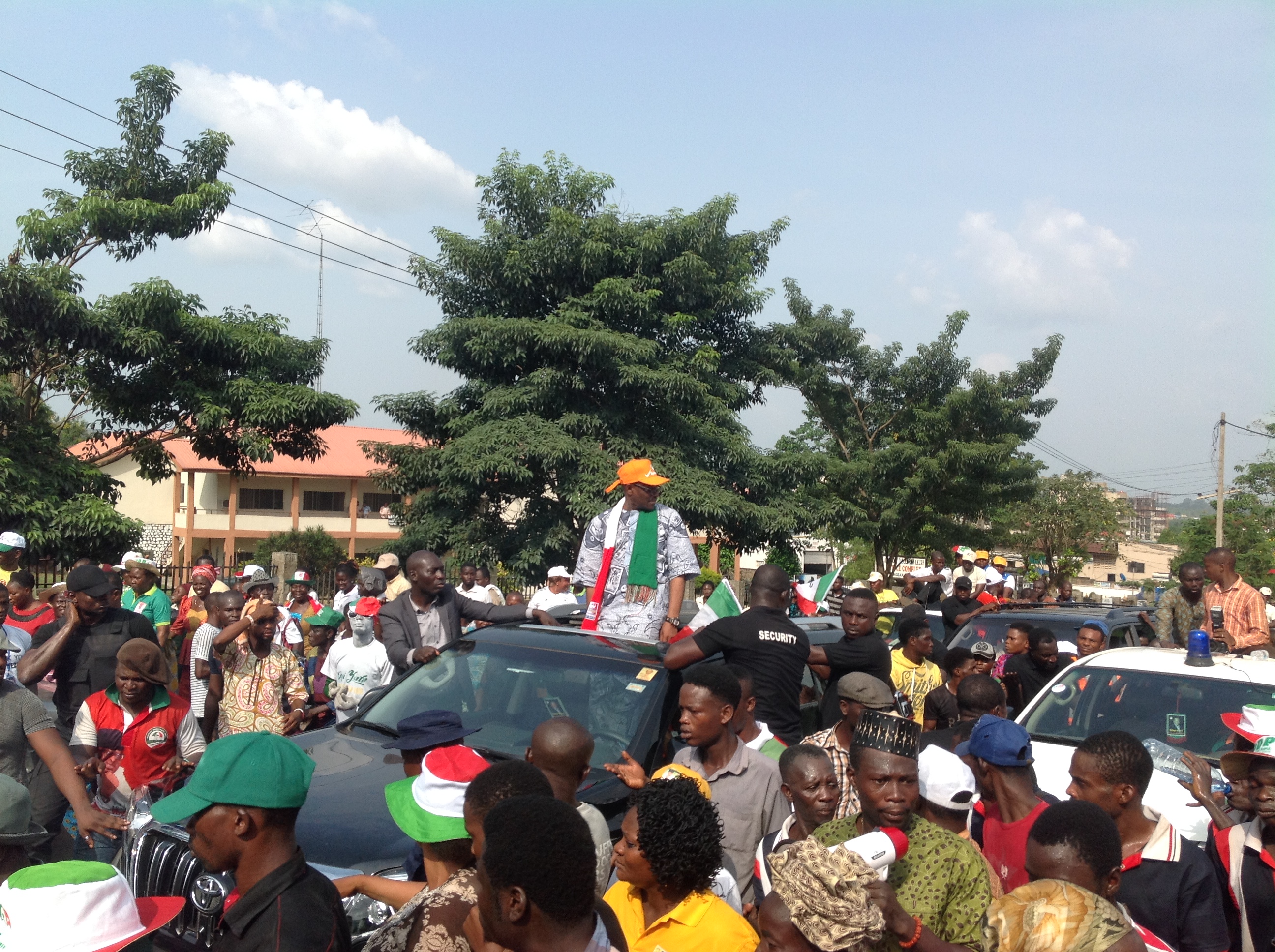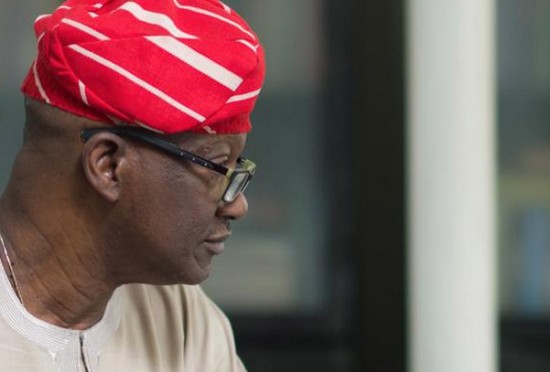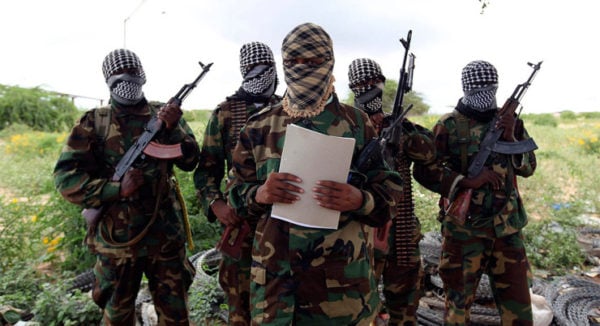The drama ensuing after the release of videos alleging that Governor Abdullahi Umar Ganduje of Kano State solicited and received bribes from contractors is an unmitigated shame. It is indicative of the country’s backwardness on two fundamentally important fronts and should worry everyone who desires a democratic and corruption-free country.
The first testimony of the country’s failure to make progress in spite of all the grandstanding of the past three and a half years is on the avowed commitment to the fight against corruption. And here, there is a need for some clarification.
It is true that Ganduje, by the provisions of Section 308 of the 1999 Constitution as amended cannot be arrested or prosecuted by agencies against corruption in the pendency of his tenure. It is also true that being a federation, even though Nigerians of all persuasions adopt this argument only when its suits them, President Muhammadu Buhari can indeed, not interfere in these allegations. As a result, arguments about his looking the other way are largely presumptuous and out of place.
However, the President soiled his white anti-corruption garment with his recent description of Ganduje as “very responsible,” and that is without prejudice to whatever competences the helmsman at Kano may possess.
Buhari spoke on the strength of his perception of projects that Ganduje had executed in the past three years and that raises questions about Nigerian leaders’ understanding of the responsibilities that they owe the people. A point to make here is that the governorship position is essentially one of responsibility, which anyone with credentials less than that should never aspire. Buhari of all persons should know that!
Advertisement
The President was quoted as crowning Ganduje a responsible leader because some other governor would have diverted funds he deployed to the execution of projects started by the immediate past administration in the state.
Hear the President: “If it were another person, he could have diverted the balance of the money to go and contest the Presidency instead of completing. But he (Ganduje) completed the projects and Kano people are enjoying the benefit…” Here President Buhari sounds like he is suggesting that diverting such money are a credible and not criminal alternative to executing developmental projects. His encomium on Ganduje also gives the impression that after one may have shown responsibility by continuing educational and health projects initiated by one’s predecessor, one can then go ahead and collect bribes!
Now, it is true that the President did not expressly use those words and that Ganduje has not been found guilty of any misconduct in spite of the viral video evidence, however, a leader fighting corruption with the muscle that Buhari flaunts at Nigerians, should tarry until anyone accused of corruption is cleared before validating them. Anything to the contrary justifies insinuations that the President is protective of allies when they are accused of corruption while he goes for the kill against those with whom he has no immediate affiliation. Such a disposition, when they prove to exist, deals an indelible dent on the professed aversion for corruption. The declaration of war against corruption is one that requires a lot of before-the-fact contemplation, an intense weighing of pros and cons of a venture that may end up consuming its proponent.
Hear the late Chief Obafemi Awolowo when he was asked if he would probe corruption if elected in the 1983 elections: “… you’ll need a large staff of people to do the probe, and then the probers themselves might be bribed and corrupted in the process, and so we won’t get any genuine report. And then would you also probe members of your own party in addition, because we are not perfect? There must be people who are probably even within the UPN, but party pressure will make it absolutely impossible for you to probe anyone within your party. So, why start at all? …And you can correct corruption by examples more than by precepts. Many of us can say corruption is bad. Even the most corrupt person will say ‘corruption is not good’, but then to see what he can do by examples rather than by precepts and that’s what the UPN has been doing; we intend to lead the people out of corruption into honesty and probity by example. That’s what we intend to do.”
Advertisement
Can we say the reaction of the All Progressives Congress, which has insisted that Ganduje will be its candidate in the 2019 elections without any obvious efforts to clear him of these allegations, can to be leading Nigeria by example?
And this point leads to the second unfortunate import of the Ganduje situation in Kano. While it cannot be said that the governor has committed this crime even by the laws of Nigeria which insist on the innocence of citizens until sufficiently otherwise proved, the accusation also hangs on his neck like the charmed bangles cast on the feet of the Abiku in Wole Soyinka’s all epic poem of the same name.
Unfortunately, every opportunity provided for the governor to clear his name has been stifled through processes curiously supported by the courts. Penultimate Monday, a Kano State High Court ordered the stoppage of the investigation of allegation against the governor by the Kano State House of Assembly.
Aside from the fact that this investigation would have given the governor the opportunity to prove his innocence, this court order also bears some curiosity because it comes across as the attempt of one arm of government to stop another arm from performing its constitutional duties, an unaccepted infringement on the democratic principle of the separation of powers.
This ridicule would be stressed further when another Kano High Court granted an interim injunction sought by Ganduje himself restraining Daily Nigerian Newspaper from further publishing videos of his alleged acceptance of bribes. This is another curious order that questions the right of Nigerian citizens to information. Rather than allow an investigation to prove his innocence after which he can then sue the publication for defamation and what have you, Ganduje has jumped the gun by instituting a suit against the newspaper while his innocence is under question.
And this is because of the peculiar situation of the judiciary in the states and the need for the country to urgently consider constitutional reforms that would guarantee the independence of the judicial arm of government.
In most states at the moment, the executive, which should in the spirit and letter of the constitution be subjected to checks and balances from the other arms of government, superintends over the others. This results from the fact that none of the other arms of government has a first line charge of funding from the Federation Account. The implication of this is that both arms get funding from the same executive upon which they have a level of oversight. Inevitably, there is a reversal of roles in which the executive lords it over the other arms and gets to do its bidding!
It is pretty much the same situation that has existed over time with many agencies of state, which should be accountable to the people but have become pawns in the hands of political leaders. This is why the armed forces, the police, even the electoral bodies pander to the wishes of the government of the day contrary to the oath of allegiance to the country that they took at commission. The idea behind democratic governance is that every human being is susceptible to the temptation to misuse or misapply power for personal advantage. This is the idea behind the building of strong institutions, with its allegiance to the constitution and people. The Kano situation again reminds of manipulation of institution by the powers that be and the mockery that Nigeria continues to make of democracy!
Twitter: @niranadedokun
Advertisement
Views expressed by contributors are strictly personal and not of TheCable.
Add a comment

